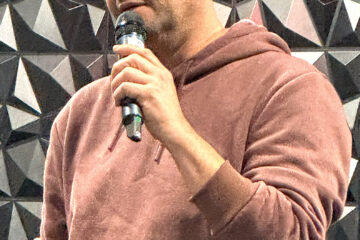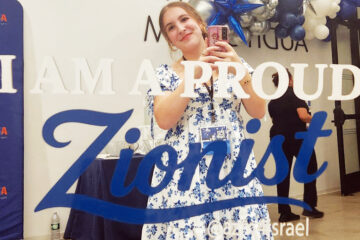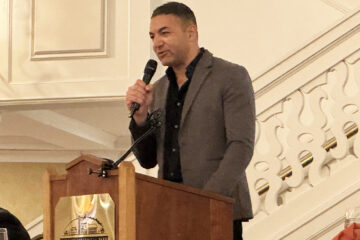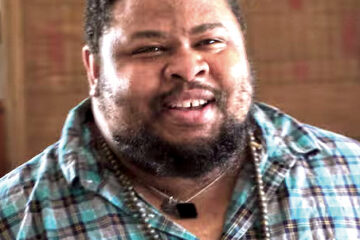Former Daytonians living in Israel gather for reunion
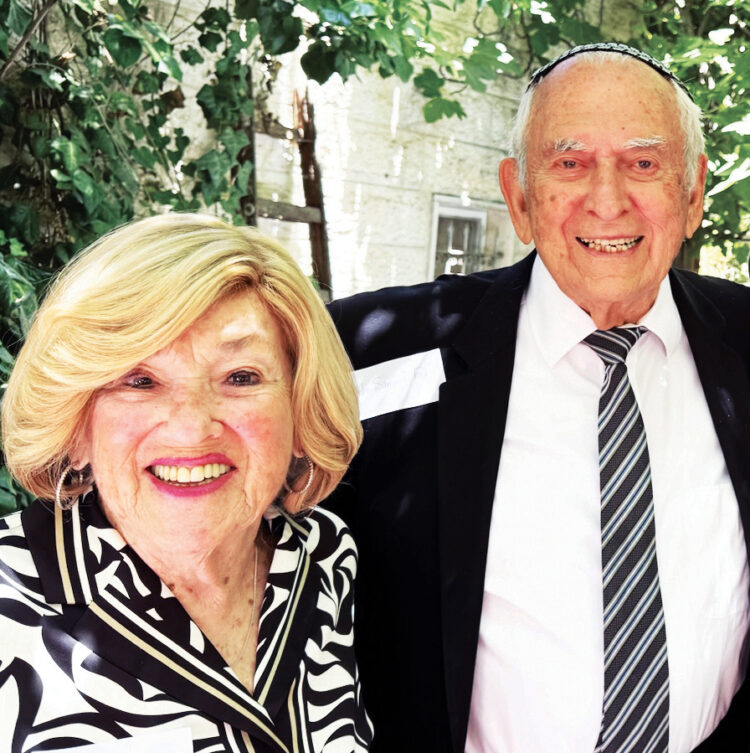
By Marshall Weiss, The Dayton Jewish Observer
“It’s great in Dayton but Israel is home,” read a small hand-drawn banner taped to a refreshment table in the garden of Bracha and Yitzhak Zuriel’s home in Jerusalem.
The Zuriels hosted a reunion for 40 former Daytonians — primarily baby boomers — on May 31. As far as Bracha knows, this is the first Dayton reunion in Israel since the 1980s.
“We made a WhatsApp group and people kept getting added. There are 44 people in that group,” she says. “We included people who grew up in Dayton, people who made aliyah (immigrated to Israel) from Dayton, and also some of the people who were either shlichim (emissaries) or maybe because they were at the Air Force base and were involved in the community.”
Bracha graduated from Fairview High School in 1973. She moved to Israel with her husband, Yitzhak, in 1976. They thought they’d stay for a year. A year became a lifetime.
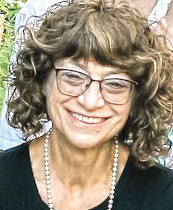
For decades, she was the Jewish Federation of Greater Dayton’s liaison in Israel and worked on programs through the Jewish Agency such as Project Renewal and Partnership2Gether.
She says the impetus for this reunion was the 100th birthday in May of Rabbi Samuel Fox, who served as Beth Jacob Congregation’s rabbi from 1955 until his retirement in 1995. The rabbi and his wife, Miriam, split their time between Boca Raton, Fla. and the settlement of Efrat in the West Bank’s Gush Etzion cluster.
“I got a call from Francie Zusman Sina, who had spoken to Judy Fox Katz (a daughter of Miriam and Sam). And because Rabbi Fox was coming and he turned 100 — we all should look so good at 100, he’s amazing — somebody said maybe we should have a Dayton reunion,” Bracha says.
Rabbi Stan Peerless, who lived in Dayton from 1979 to 1990, emceed the reunion. He was vice principal and then principal of Hillel Academy, Dayton’s Jewish day school, which in those days went through 12th grade.
Stan also served as rabbi of the now defunct Orthodox synagogue Shomrei Emunah. He and his family moved from Dayton to Jerusalem when he was a Jerusalem Fellow from 1990 to 1992. He, his wife, and all four of their daughters made aliyah from Montreal in 1998.
In his comments at the reunion, Stan emphasized what he describes as Dayton’s once impressive aliyah rate and the Gem City’s warm, close-knit connections among people.
“We have been away from Dayton for 33 years, yet some of our closest friends are still from our 11 years there,” he says.
The aliyah rate, Stan believes, “reflects a Zionism that characterized a number of community institutions.” In his role with Hillel Academy, he says he interacted with members of all the Dayton-area synagogues.
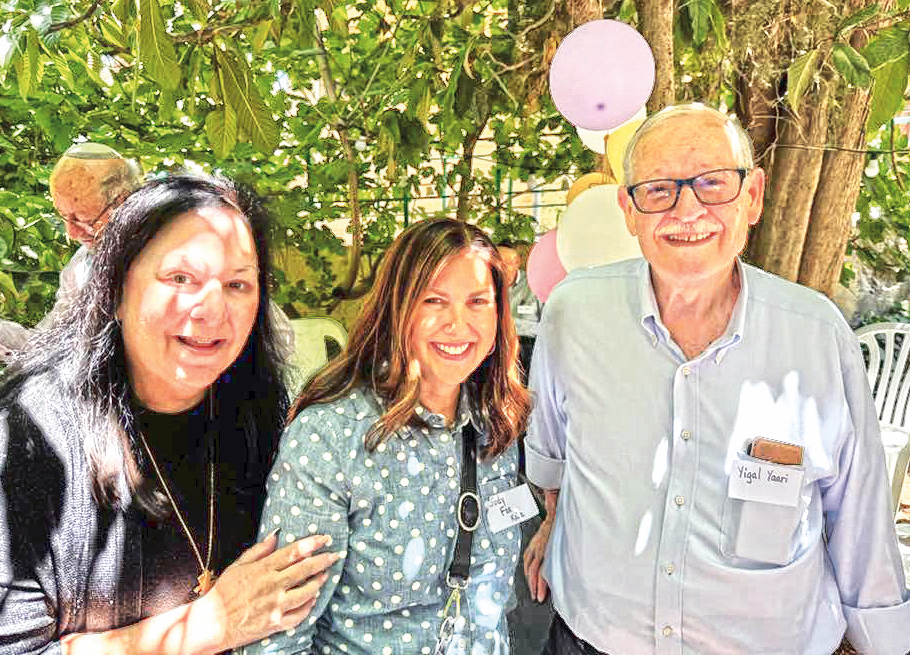
“One of the beautiful things about Hillel was that although it was at the time an Orthodox school, it serviced the entire community and we all worked together well,” he says. “I have become familiar with many schools over my years in Jewish education, and very few can compare to Hillel at that time, both in this regard and vis-à-vis the quality of education.”
Daytonian Dr. Keren Lawner-Gold and her husband, Jonny Gold, also live in Efrat, where she works from home as a family physician specializing in ADHD. Her mother and brother live in Jerusalem.
“I grew up in a very Zionist Israel-oriented home,” the 1985 Hillel Academy graduate says. “I came to Hebrew University for my year abroad during college. From that time, I knew I wanted to make aliyah.”
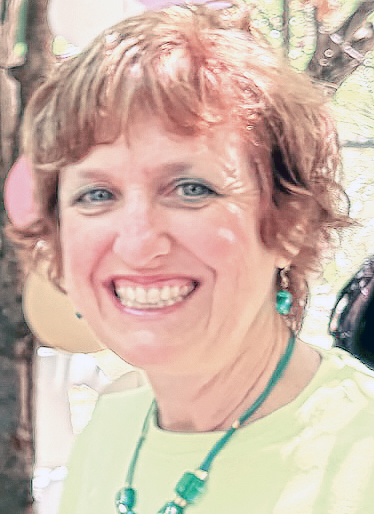
Keren made aliyah on her own after finishing her residency in family medicine at Lutheran General Hospital in Chicago.
“We each spoke about when we made aliyah and what we are doing now,” she says of the reunion.
The former Daytonians played a trivia game drawn from the 2018 book Jewish Community of Dayton and shared updates on children and grandchildren, who continue to increase and multiply in Israel. Two of Keren and Jonny’s four children are in the army.
‘We try to carry on with life’
Even in the midst of the Israel-Hamas war, Bracha, Stan, and Keren say the vibe at the reunion was joyful.
“We are all very affected by the war,” Keren says. “We personally lost a neighbor who was in my son’s class, Roi Wizer. He died heroically on Oct. 7 while saving the lives of many other soldiers who were on the base with him. There are many others from Efrat and surrounding communities who were killed.
“We try to carry on with life as much as possible because this is what Jews do. We have experienced many tragedies in our history, including the Holocaust. However, we rebuild. It is the Jewish way.”
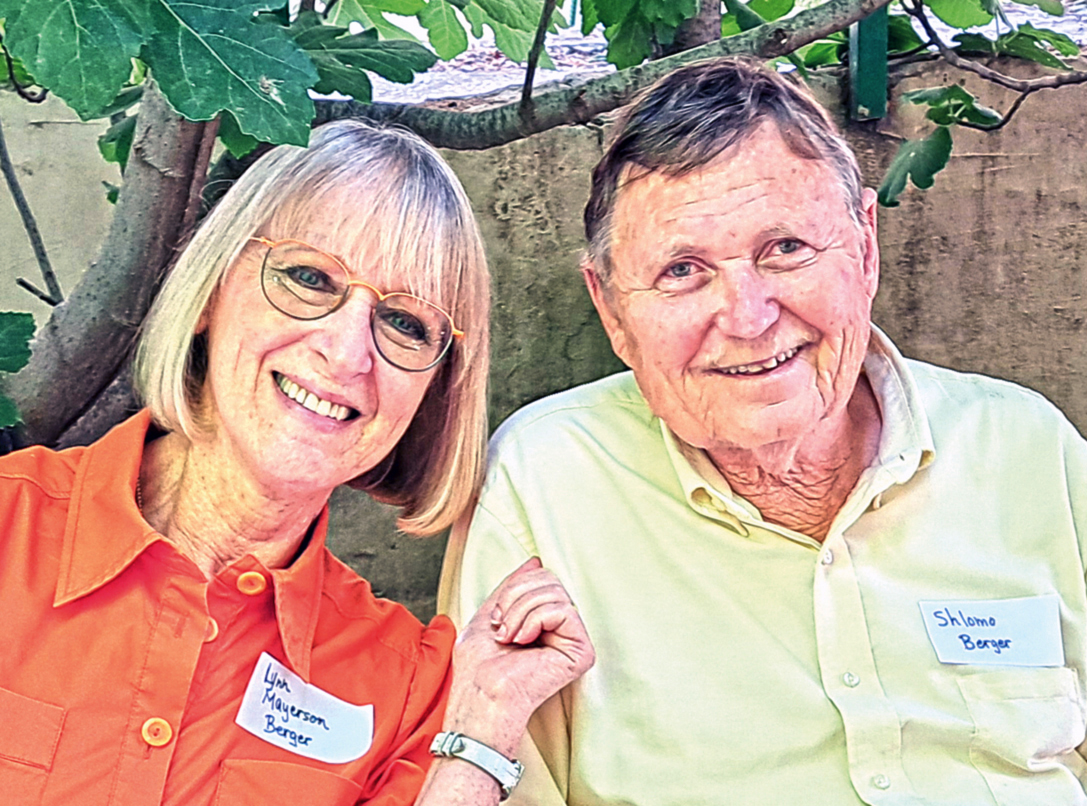
Bracha says Israelis are learning to navigate the good moments — even through the inescapable horrors of the Hamas massacre, kidnappings, and war.
“In the first month or two, everybody was just in shock. There was a feeling of, OK, we’re not going to celebrate anything, we’re not going to go out to eat. At some point, if you live in a place where you can continue life, people sort of resume to the normal things they do. People were happy to see each other, and people met each other and remet each other at the reunion. It wasn’t so obvious that people knew each other. A lot of people didn’t. But the general warm feeling about Dayton was very prevalent.
“Look, there are simchas (celebrations), there are weddings, bar mitzvahs, there are happy things in our lives, and in spite of the terrible shock and sorrow about what happened,” Bracha says. “Our children, our grandchildren are in the army, are fighting along with everybody. So we’re just learning to embrace both of those things on a constant basis.
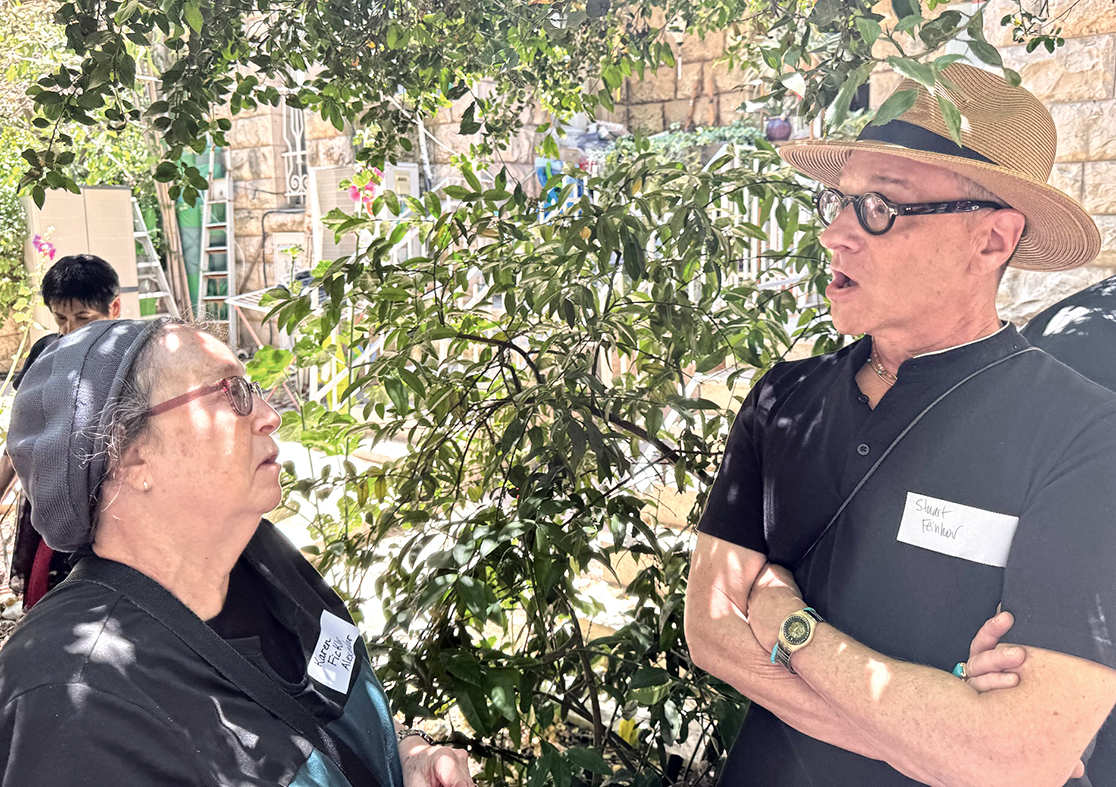
“At the beginning of the war, I have a son who’s in the reserves and he served for the first four-and-a-half months as a medic in and out of Gaza. And he’s going back in the army next month again. We have a son-in-law who is a career officer. And we have a daughter who lives in the Gaza envelope, so for the first two-and-a-half months, she was evacuated. And she came with six kids to the hotel. And her husband is in the army. She came with the six and she left with seven. By chance, when she went into labor, her husband was home. We were on duty, making lunches every day, making lunch for my daughter-in-law, who’s home with three little kids, doing the laundry and taking care of the kids.”
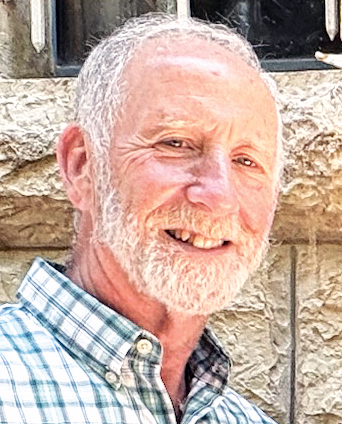
Stan says a unique element of Israeli resilience is that “we can go on with life without forgetting about the significance of what is going on around us.”
“The olim (those who’ve made aliyah) who came together reflected on one aspect of Israeli society that is an important element of our strength: unity. The olim from Dayton come from varied backgrounds but are able to focus on and share common experiences and values. This was a special quality of the Dayton community, and perhaps an aspect of Israeli society that resonates with us.”
Bracha was struck at how everyone at the reunion raved about the Dayton Jewish community.
“You grow up with something, you take it for granted, right? That’s how it is. On Shabbat, I asked a bunch of friends who also grew up in various other places, ‘Would you say this about your community? Would you get together with other people from your community and talk about what a great community it is?’ And some of them looked at me and said, ‘Eh, no.’ It’s something people should feel good about. Maybe you’ve really got something special there in Dayton — and hold onto it.”
Future reunions a possibility
Stan says he hopes the reunion will become a recurring event. “The response was extremely positive.”
“Everyone said, ‘Oh, so are we going to make this an annual event?'” Bracha says. “I’m sure we didn’t get to everyone. It’s very possible we missed a lot of people. This morning, I woke up and thought of a few more names. Because it’s very age dependent: how long you were in Dayton, how old you were, who did you know.”
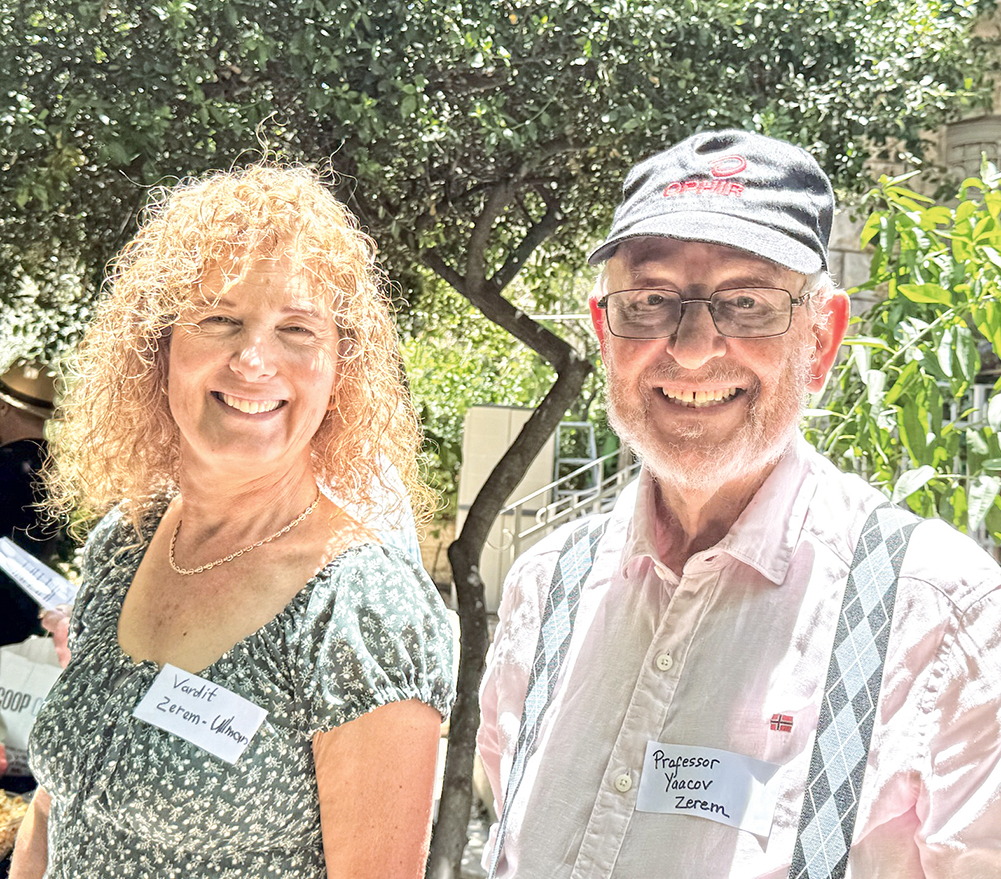
She also realizes there are people who made aliyah long before she did whom she doesn’t know.
Moving forward, Keren has agreed to be the keeper of the names for future reunions.
“We are just one link in the amazing history of the Jewish people,” Keren says. “Israel is our home as promised in the Torah. I cannot imagine living anywhere else. Going through the war has strengthened our connection to the land and to each other as a community.”
To add your name and contact information to the list for future reunions of Daytonians living in Israel, contact Dr. Keren Lawner-Gold at klawner@gmail.com.
To read the complete July 2024 Dayton Jewish Observer, click here.


